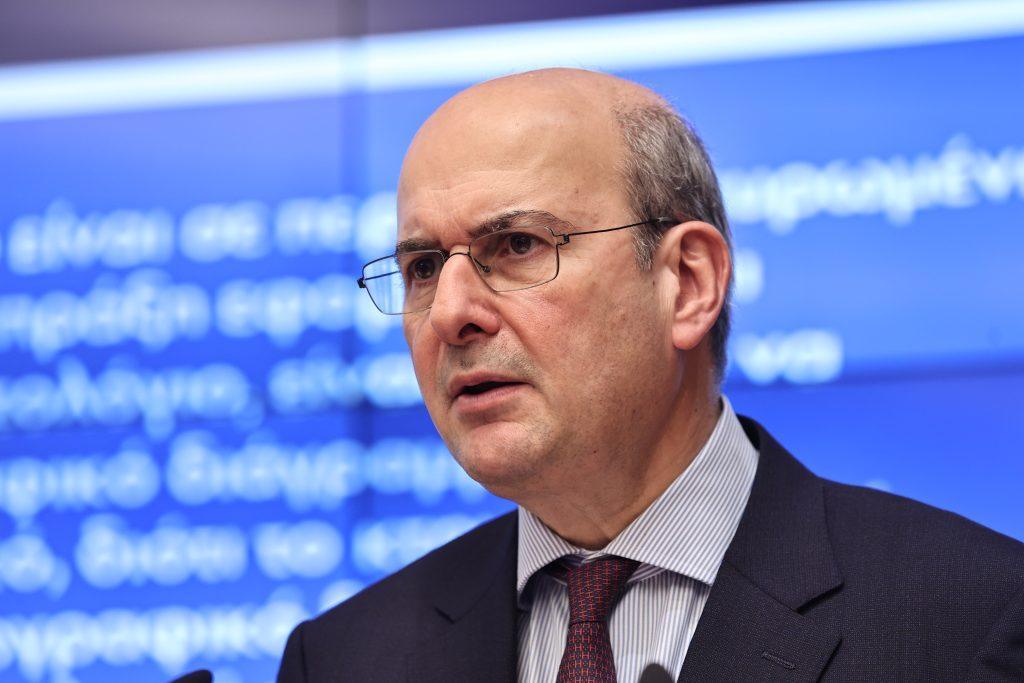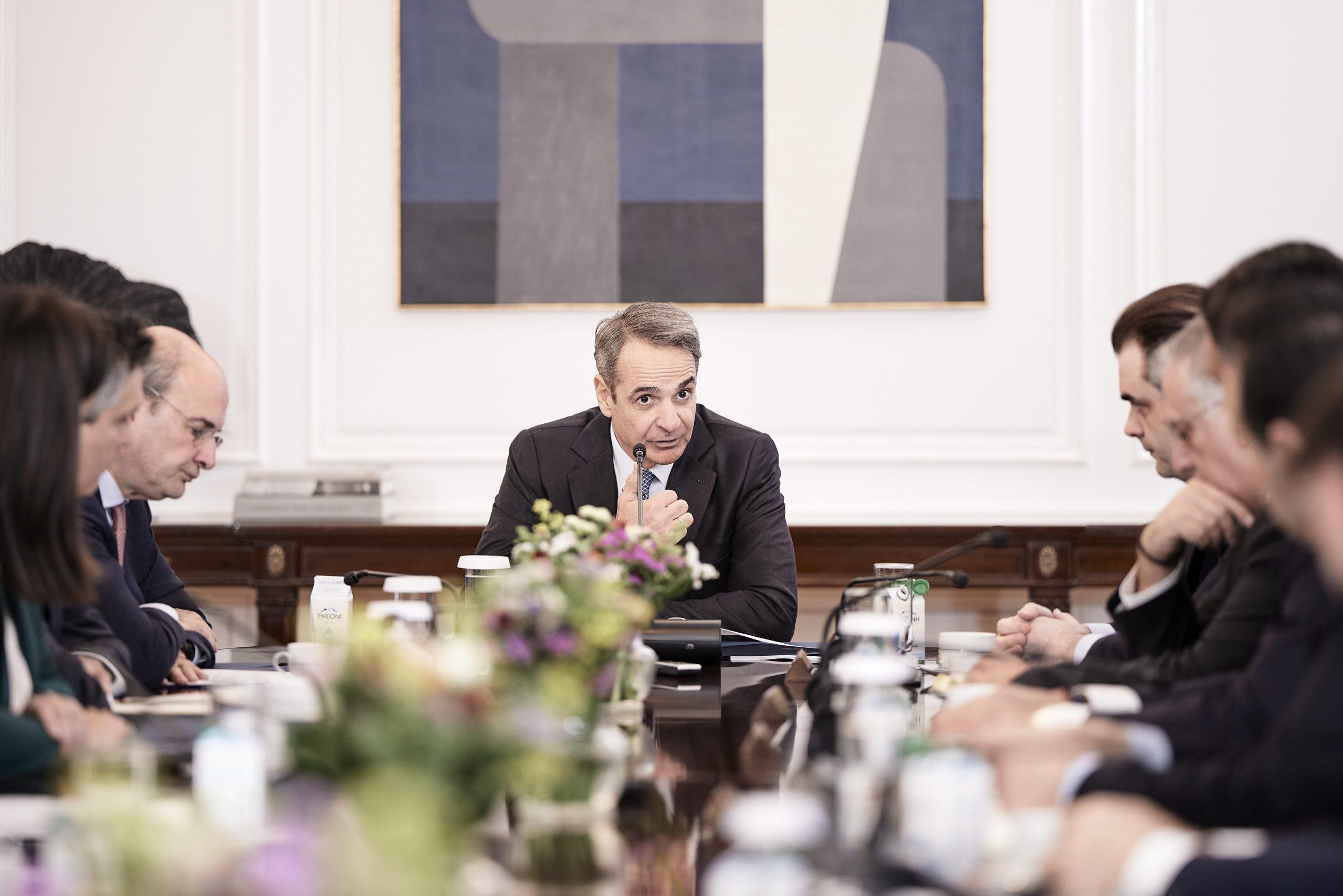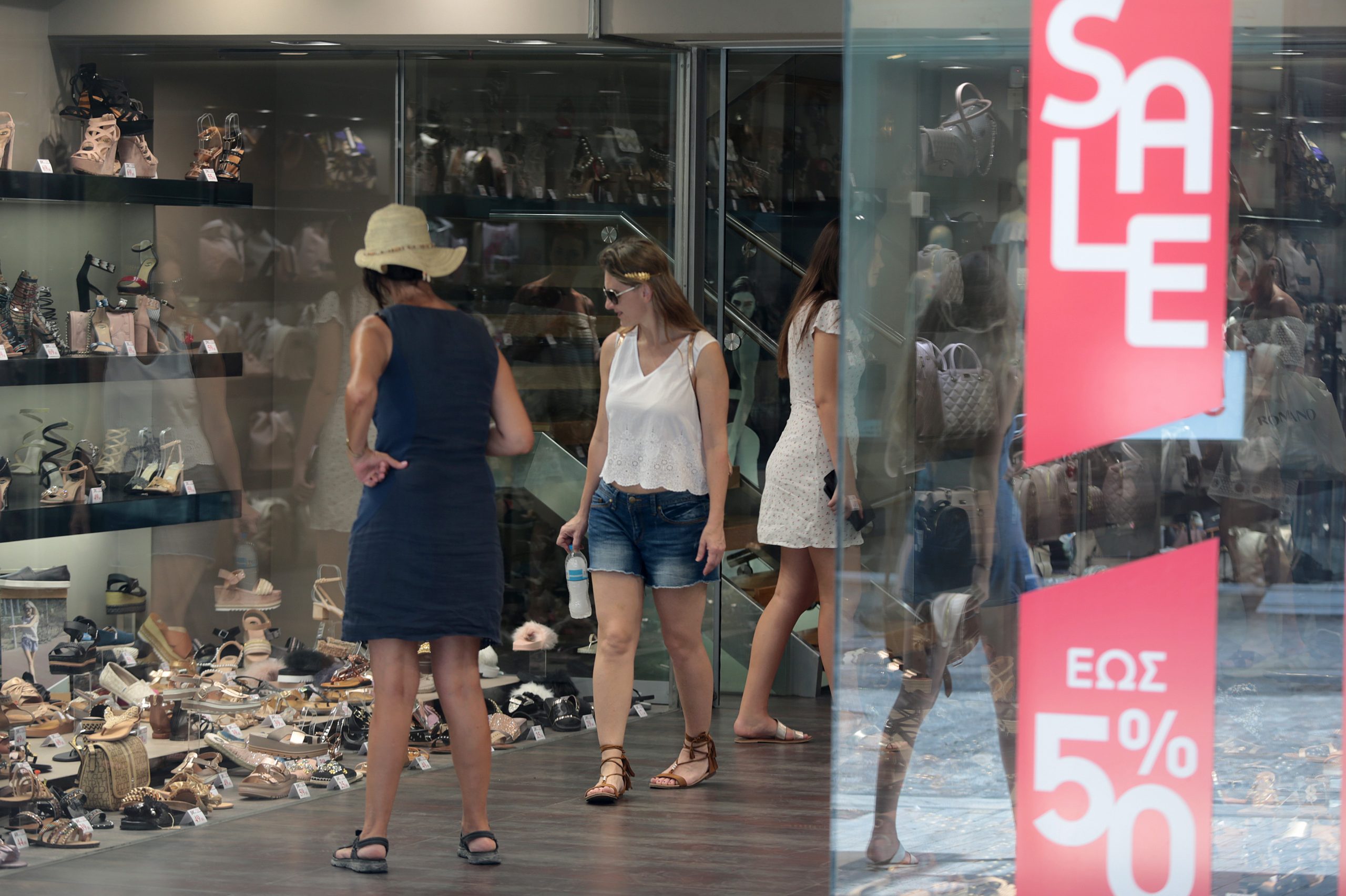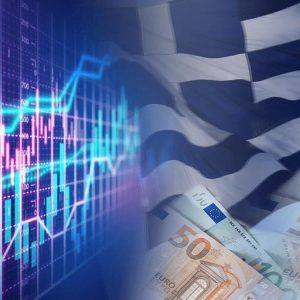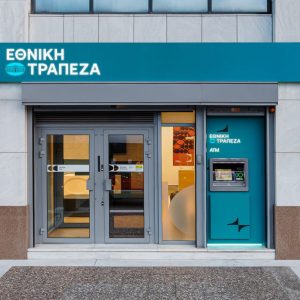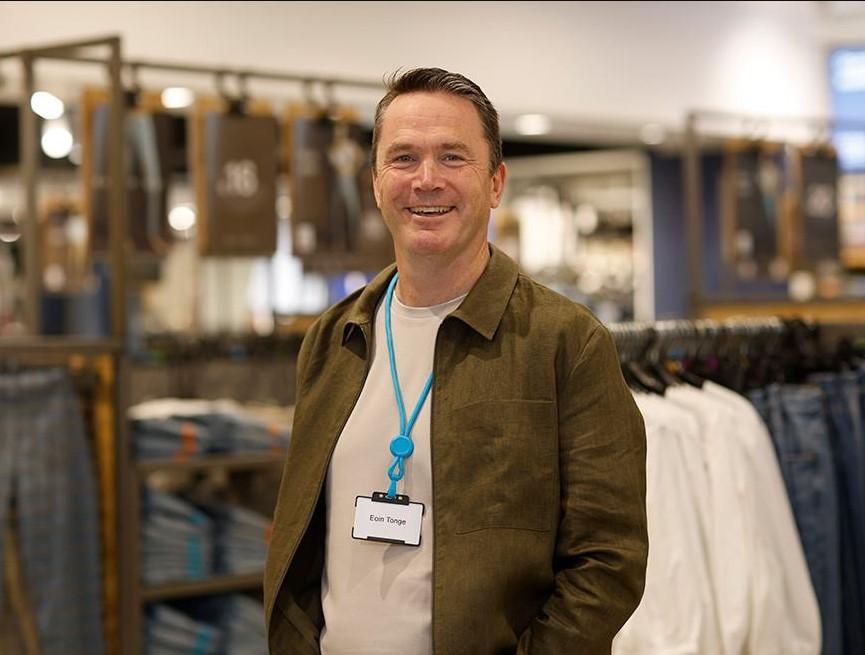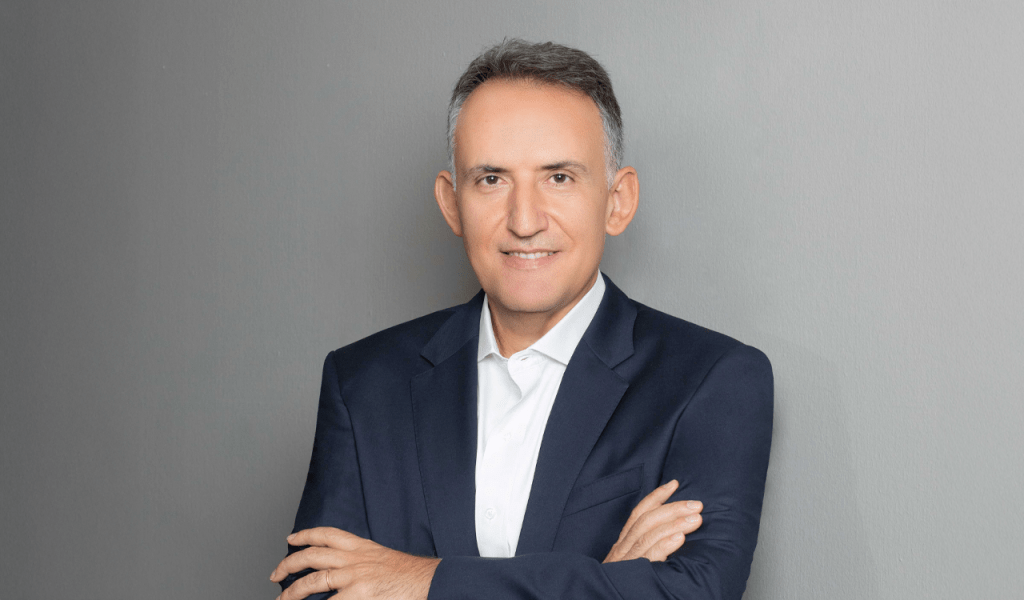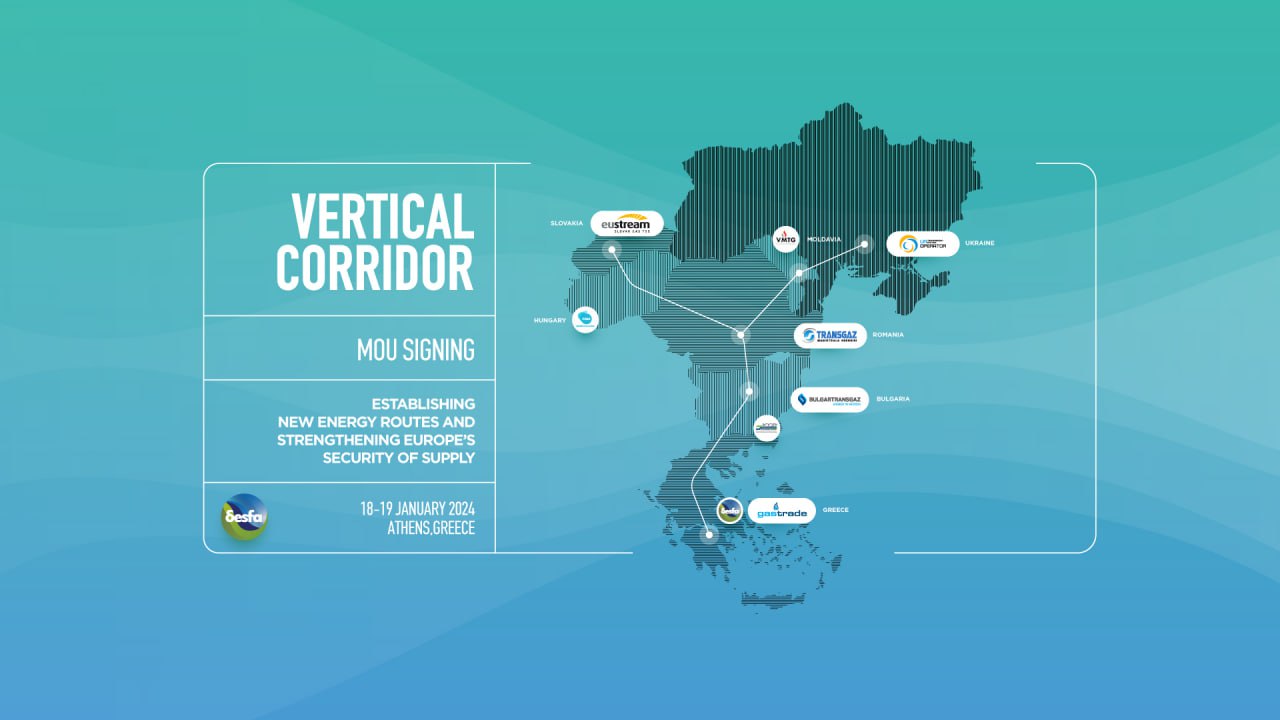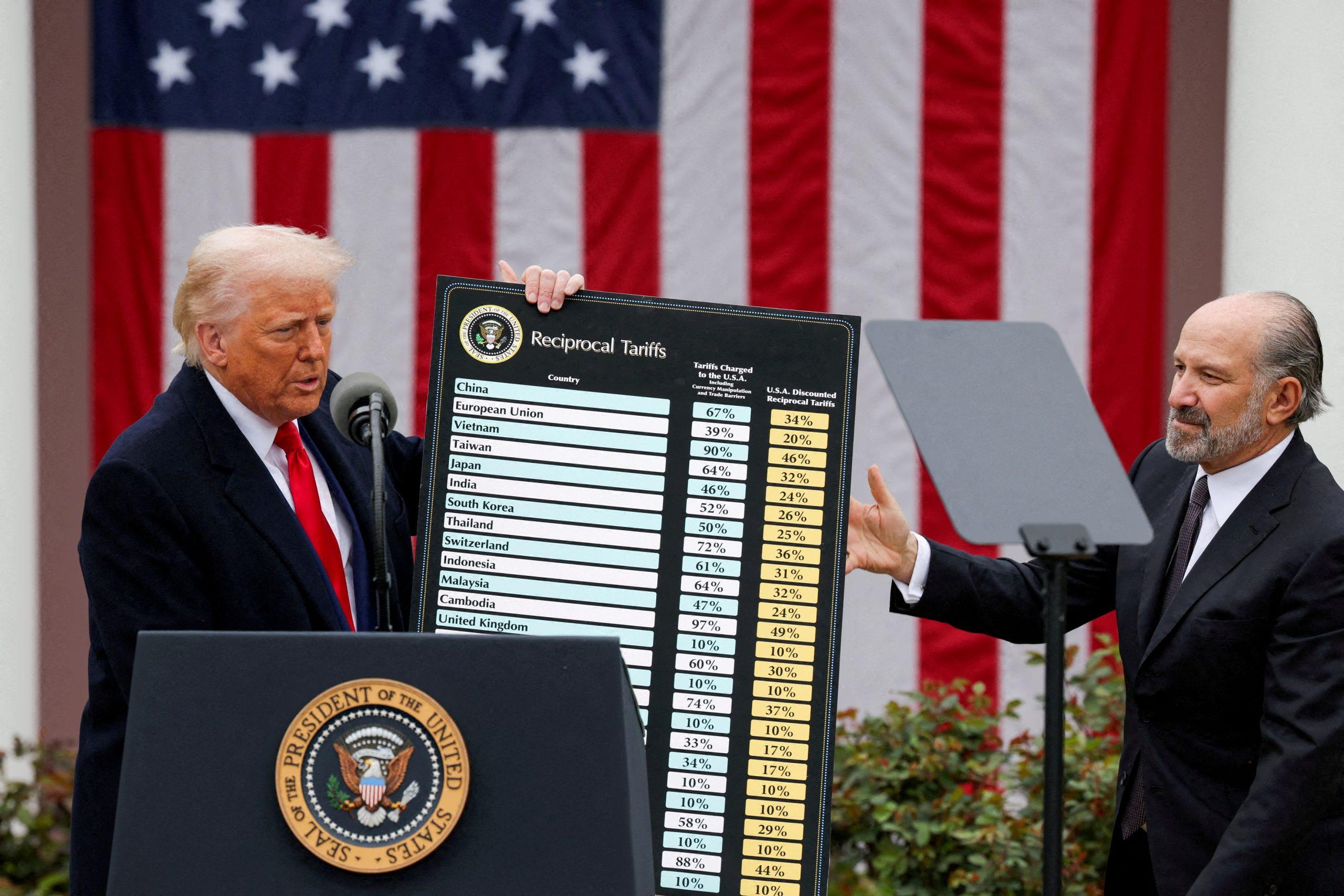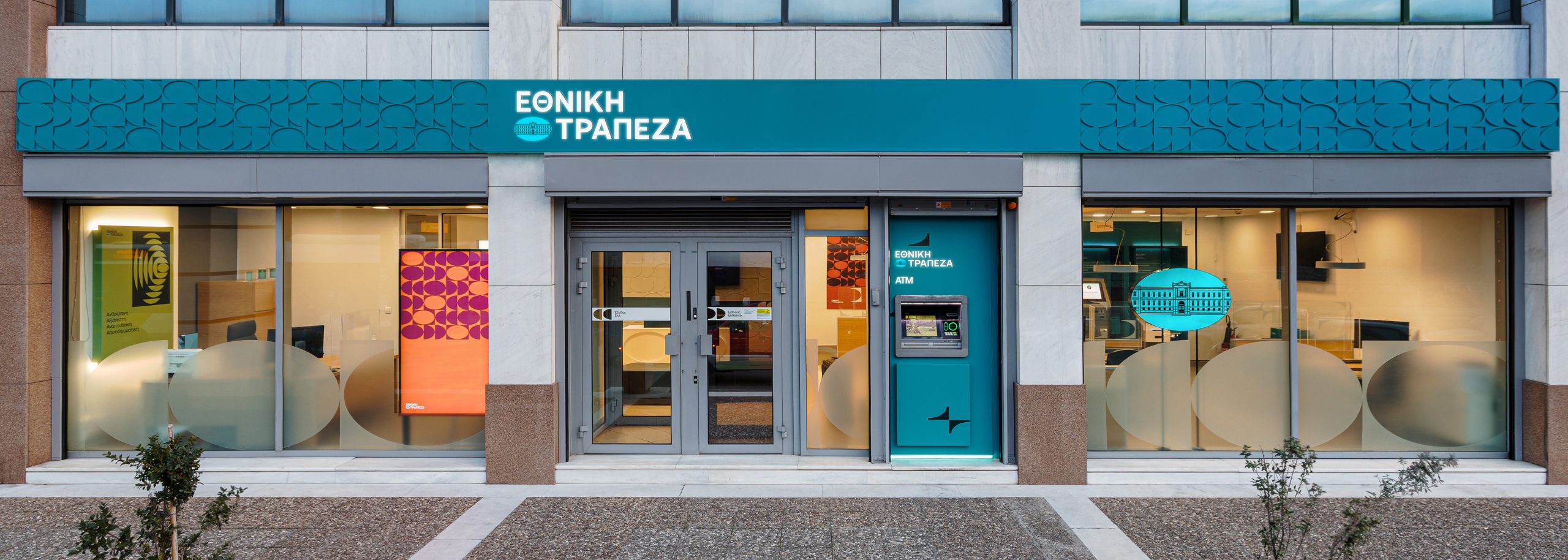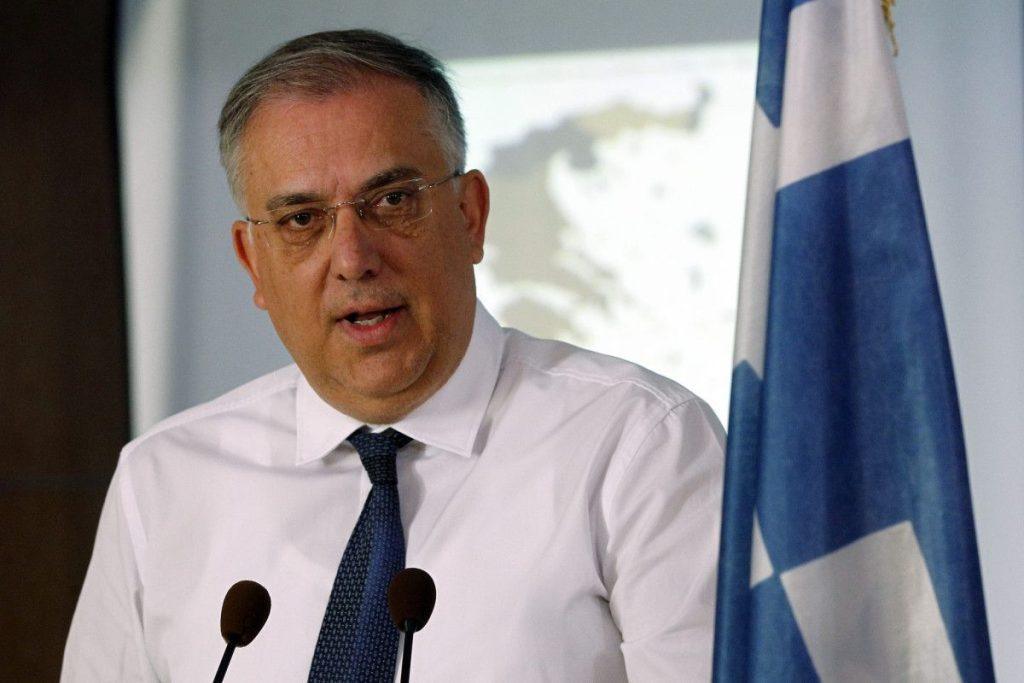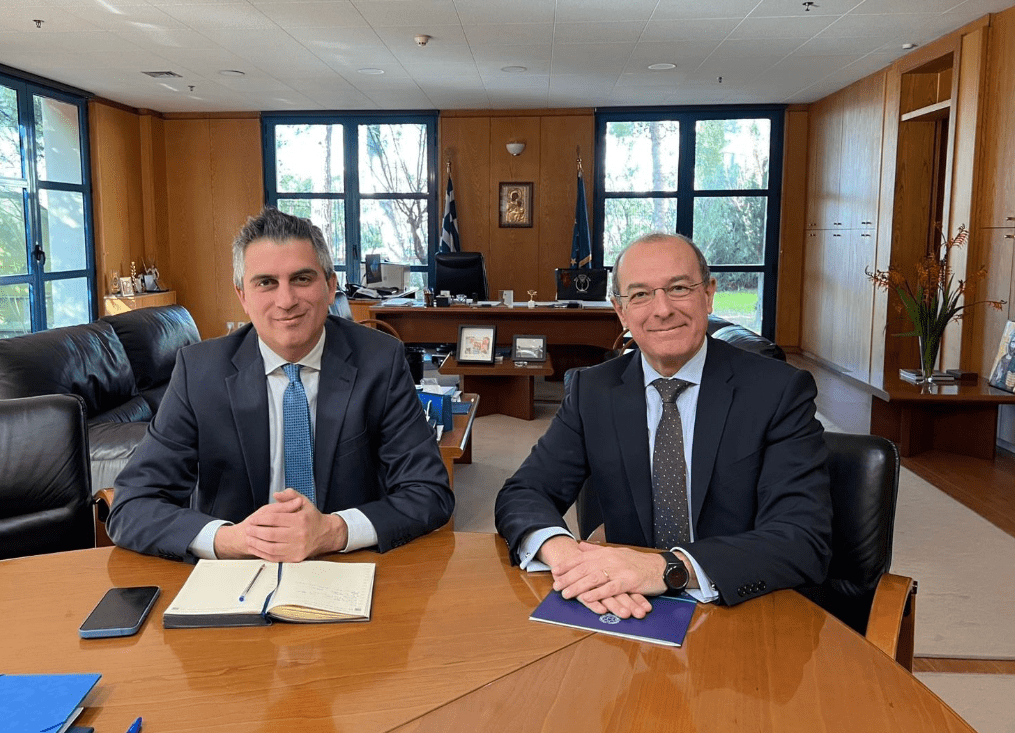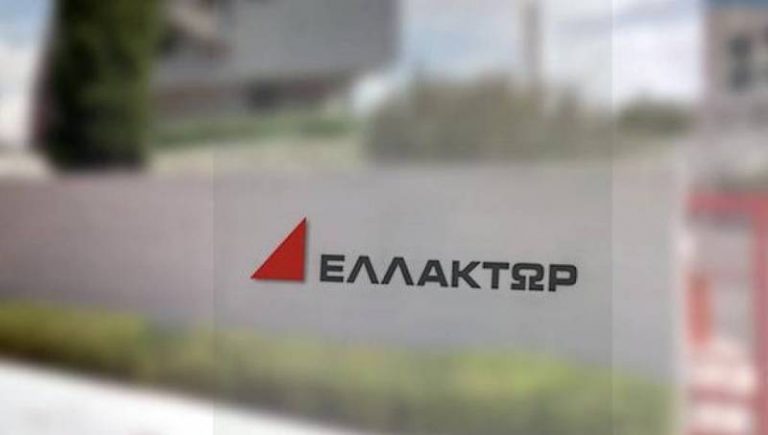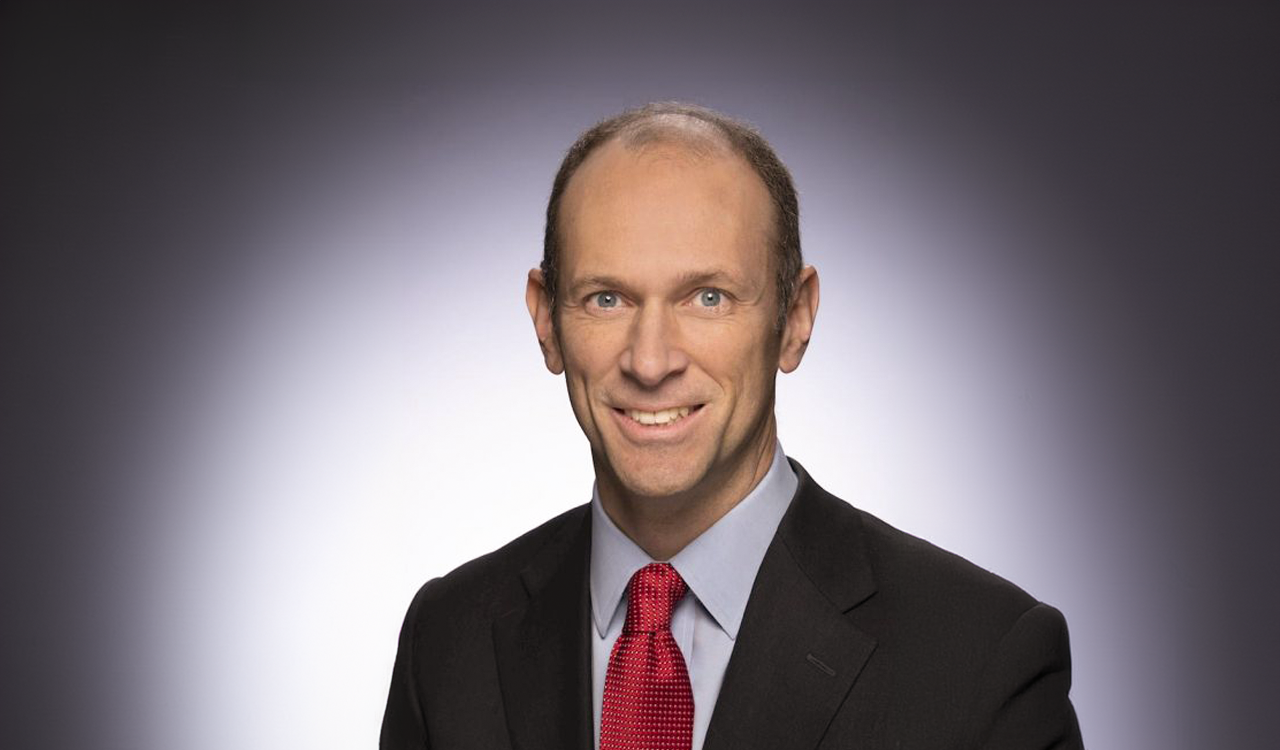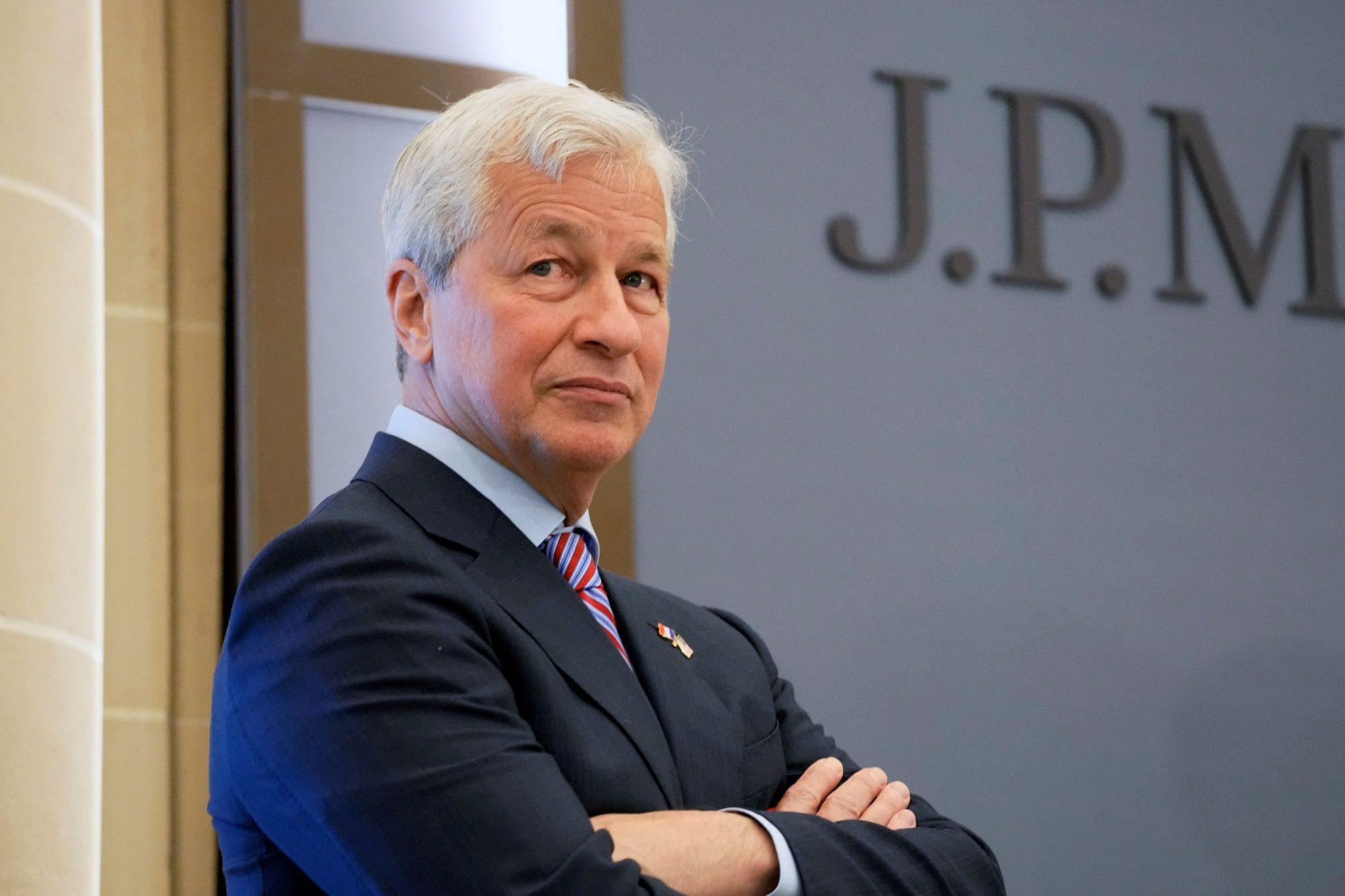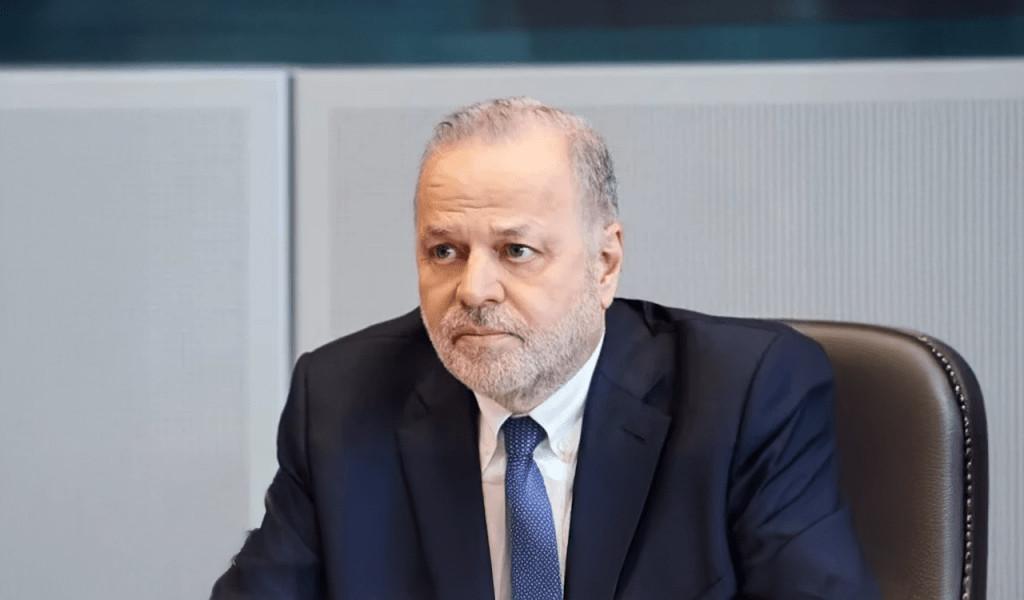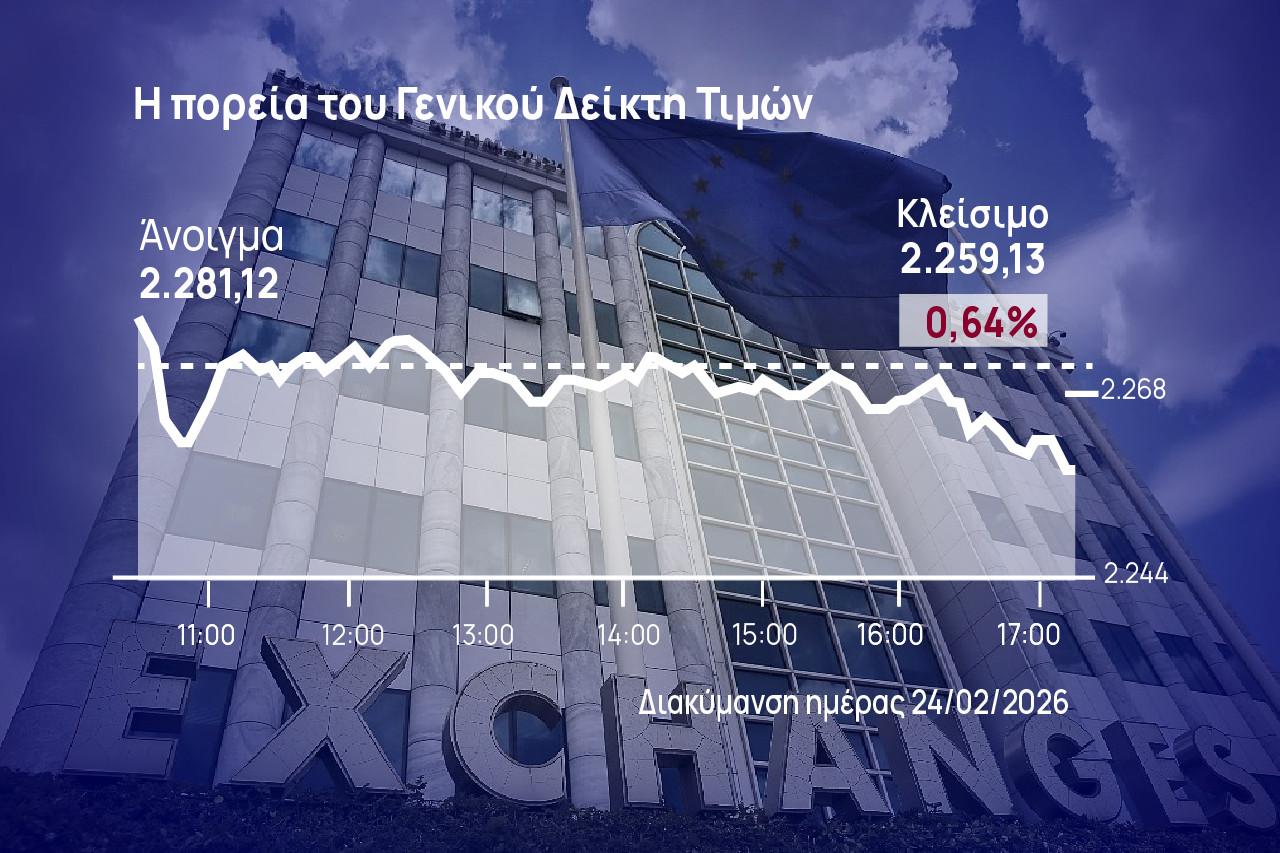There is growing concern among Greece’s progressive voter base regarding both the present and future of the center-left. Many feel unrepresented by existing parties and leaders—and are actively seeking a political force and figure that can inspire confidence and provide direction.
Dimitris Koutsoumbas and the Greek communist party KKE maintain a steady presence around 8%. Meanwhile, Zoe Konstantopoulou and her party Course of Freedom continue to ride a wave of momentum into 2025. In contrast, Nikos Androulakis (PASOK) and Socrates Famellos (SYRIZA) have failed to gain the traction they hoped for following their internal leadership victories last fall.
Further down the political spectrum, Alexis Charitsis struggles to persuade his party to embrace his proposals, while former President of SYRIZA Stefanos Kasselakis and his new Democracy Movement party have lost the initial momentum they enjoyed. Yanis Varoufakis’ MeRA25 resembles more of a “yo-yo party,” fluctuating in relevance.
Hovering above them all is the shadow of Alexis Tsipras—perceived by some as a potential savior capable of reuniting the fragmented left, and by others as a looming threat. He appears to oscillate between signaling a political comeback and keeping his distance from ongoing developments.
As the conservative New Democracy government appears to be recovering from recent turbulence and regaining polling strength, the left is mired in instability and fragmentation. The breakup of SYRIZA has only deepened the crisis, and many center-left voters feel alienated—not only from the current party leadership but from the parties themselves. Meanwhile, efforts to unify the fragmented forces (through private dinners or public forums) have thus far proven futile.
The Center-Left Is Suffocating
Qualitative data from a major Metron Analysis poll conducted for MEGA highlights widespread uncertainty about the future of Greece’s center-left. If elections were held today, many progressive voters would not know whom to support.
Indicatively, 58% of respondents said they feel “distant from all parties.” Among voters who identify with the center or further left, that percentage is even higher: 66% of centrists and 61% of center-left voters say they are not represented by any current political formation.
These groups—comprising a broad and historically influential electoral base—are clearly searching for something to latch onto, a new political vehicle or direction.
Even left-wing voters appear only slightly more unified, though 46% also say they feel disconnected from existing parties. This means about half of them do not currently identify with any party on the political scene.
Leaders Fail to Inspire the Base
Would these voters prefer something entirely new? Something more modern and compelling, capable of energizing disengaged voters? Possibly.
What’s clear is that they are open to new leadership. Many would welcome politicians who are not tainted by past failures or credibility issues.
The poll’s findings are a cause for reflection among those steering Greece’s political future. Among voters from the center to the left, distrust of current leaders ranges from 64% to 67%. Only a small minority continue to trust—and draw inspiration from—those currently at the helm.
Two out of three centrist voters said they would be more receptive to new party leaders. That number jumps to 69% among center-left voters—7 in 10. Even among hard-left voters, 64% believe their movements would benefit from new leadership. Whether these “new” leaders could include returning political figures was not specified in the survey.
The Big Gamble
These findings help explain why progressive parties have weak voter retention and limited appeal—and why they fail to pose a serious challenge to New Democracy. In the May poll, none of them exceeded 14.5% (estimated vote share), with PASOK seeing a slight uptick but still trailing ND by over 15 percentage points.
Given that disillusioned voters are the most likely to abstain on election day, closing this gap and re-engaging them is the great political challenge of the moment—whether for Tsipras, Androulakis, Famellos, Konstantopoulou, Charitsis, Kasselakis, or someone else altogether.
Source: Tovima.com

![e-ΕΦΚΑ: Πώς θα παραμείνουν ασφαλιστικά «καλυμμένοι» οι αγρότες [πίνακας]](https://www.ot.gr/wp-content/uploads/2024/12/ot_agrotis_sitari.png)
